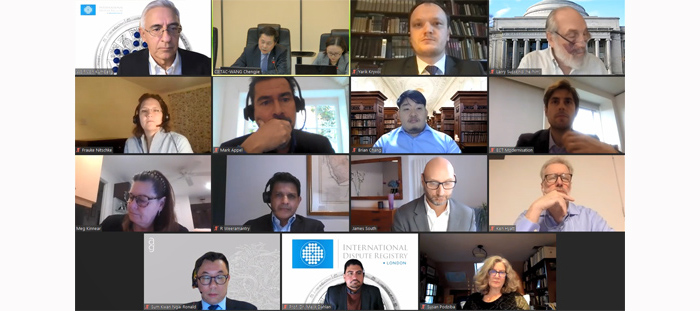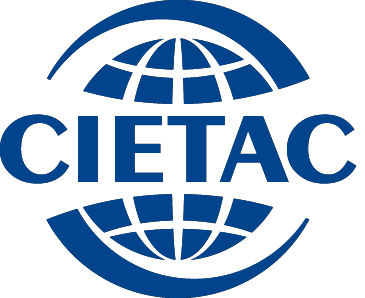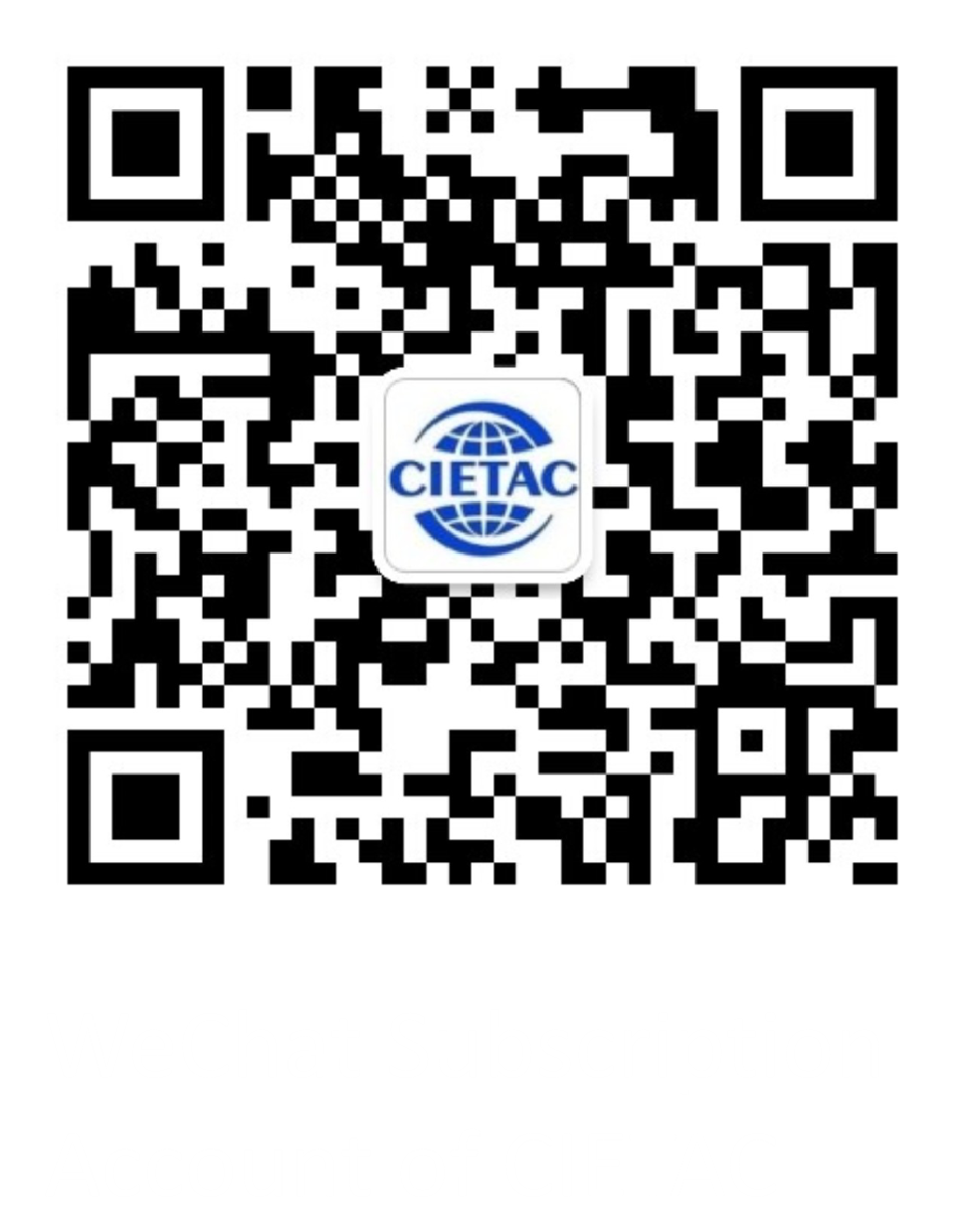- Home
- About Us
- News Center
- Rules & Guidelines
- Commercial Arbitration
- Arbitrators
- ADR-Service
- Key Events
-
Talent Development
Talent Development
CIETAC CUPFrankfurt Investment Arbitration Moot Court - CIETAC Chinese (Mainland) National RoundChina Youth Arbitration Forum and the “Zhonglun Cup” National Commercial Arbitration Essay ContestCooperation with UniversitiesCIETAC International Arbitration InstituteTraining of Foreign-Related Legal TalentCIETAC Internship Opportunity - Research and References
On December 10, 2020, the Roundtable on Mediation of the International Investment Dispute was successfully held online. The meeting was hosted by the Investor-State Mediation Task Force, which was co-founded by representatives from institutions such as the British Institute of International and Comparative Law (BIICL), the International Dispute Registry (IDR) and the International Centre for Settlement of Investment Disputes (ICSID) and representatives of academic field and practice field. The topic of the meeting is challenges and future development in resolving the Investor-State disputes by mediation. Wang Chengjie, Vice Chairman and Secretary General of CIETAC, was invited to attend the meeting and make a keynote speech.

(Online Roundtable Meeting)
The attending experts in the Roundtable included: Ms. Meg Kinnear, Secretary General of the ICSID, Ms. Frauke Nitschke, Senior Consultant of ICSID, Mr. Wolf von Kumberg, General Registration Officer of the IDR, Mr. James South, the Executive Chairman of the Centre for Effective Dispute Resolution (CEDR), Mr. Malik Dahlan, a senior mediator from CEDR, Mr. Alejandro Carballo Leyda from the Energy Charter Treaty (ECT) working group, Professor Yarik Kryvoi from the BIICL, Professor Larry Susskind from the MIT, Dr. Romesh Weeramind and Mr. Brian Chang Tse De from the Centre for International Law of National University of Singapore (CIL NUS), Dr. Zhang Sheng, Research Fellow from Xi 'an Jiaotong University Law School, Mr. Ronald Sum, Member of the Expert Committee of HKIAC and the Hong Kong Mediation Centre, and Mr. Ken Hyatt from the CM Partners, etc.
The meeting was presided over by Mr. Wolf von Kumberg, General Registration Officer of the IDR. Secretary General Wang firstly made a keynote speech on the “Belt and Road” dispute resolution mechanism.

(Keynote Speech by Secretary General Wang Chengjie)
Secretary General Wang briefed about the general situation of economics and trade between China and Countries along the “Belt and Road” and statistics of arbitration cases involving “Belt and Road” accepted by CIETAC. He pointed out that the arbitration cases involving the “Belt and Road” accepted by CIETAC increased rapidly, and showed significant diversity on the dispute types and nationalities, reflecting the strong demand for dispute resolution services arising from the “Belt and Road” construction and economic development. China is a major state in two-way investments, but also a beginner in investment dispute resolution. Secretary General Wang then introduced the efforts made by CIETAC in promoting the development of investment dispute resolution from various aspects, including arbitration rules, arbitrators, research and exchange, talent cultivation and cooperation mechanism.
In 2017, CIETAC formulated the International Investment Disputes Arbitration Rules as the third one in the world, and published the panel of arbitrators in investment disputes in 2018. CIETAC has completed the arbitration legal system research for 31 countries along the “Belt and Road”. In 2019 CIETAC initiated and co-founded the China International Investment Arbitration Forum (CIIAF) with seven universities and four law firms, which is China's first national, professional platform for the international investment arbitration and legal research. Starting from 2019, CIETAC hosted the first Investment Arbitration Moot in China to strengthen the training of talents in investment dispute settlement.
In 2019, CIETAC and more than 40 domestic and foreign dispute resolution institutions jointly issued the Beijing Joint Declaration of the Belt and Road Arbitration Institutions, promoting the international cooperation in the "Belt and Road" dispute resolution mechanism. In the field of investment dispute mediation, CIETAC also attaches great importance to strengthening the construction of relevant mechanisms and gives full play to the role of mediation in the investment dispute resolution. In 2012 and 2017, CIETAC was appointed as the arbitration institution to mediate investment disputes between Taiwan, Hong Kong and Macao investors and Mainland parties under the Cross Strait Investment Promotion and Protection Agreement and the CEPA Investment Agreement respectively.
In 2018, CIETAC formulated the rules for the mediation of investment disputes under the CEPA Investment Agreement, and published the panel of mediators in investment dispute in 2019, laying the groundwork for rules and team building for mediation of investment disputes.
Secretary General Wang finally pointed out that mediation is becoming more and more important in investment dispute resolution mechanism, the coming into force of the Singapore Mediation Convention will also further promote the development of mediation. In addition to continuing promoting the concept of mediation extensively, strengthening the professional skills of mediation, training mediators, innovating the methods of mediation, we should also pay special attention to the influence on international investment dispute mediation that is caused by the cultural differences between Eastern and Western countries, and fully consider the fusion and conflicts between different cultures when building the mediation mechanism, in order to give full play to mediation mechanism.
Ms. Meg Kinnear, Secretary General of the ICSID, Mr. James South, the Executive Chairman Director of CEDR, delivered their keynote speeches respectively on the challenges of investment dispute mediation and the application of ICSID mediation rules and the professionalization of investment dispute mediators.
After that, the attending experts conducted a heated discussion. The speech of Secretary General Wang attracted great attention. The attending experts asked questions and expressed opinions and suggestions on the influence of different cultures on mediation and how to conduct customized design and institutional construction for mediation in investment disputes involving the "Belt and Road". It was generally agreed that it is necessary to actively promote the construction of the "Belt and Road" investment dispute mediation mechanism. The potential influence of such mechanism was much expected.
{{ article.quickLinkTitle ? article.quickLinkTitle : 'Quick Links' }}
Quick Links












